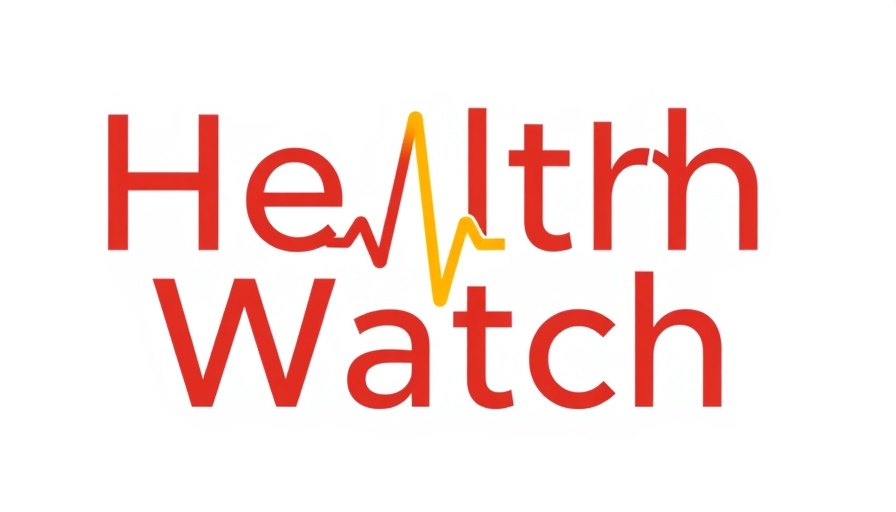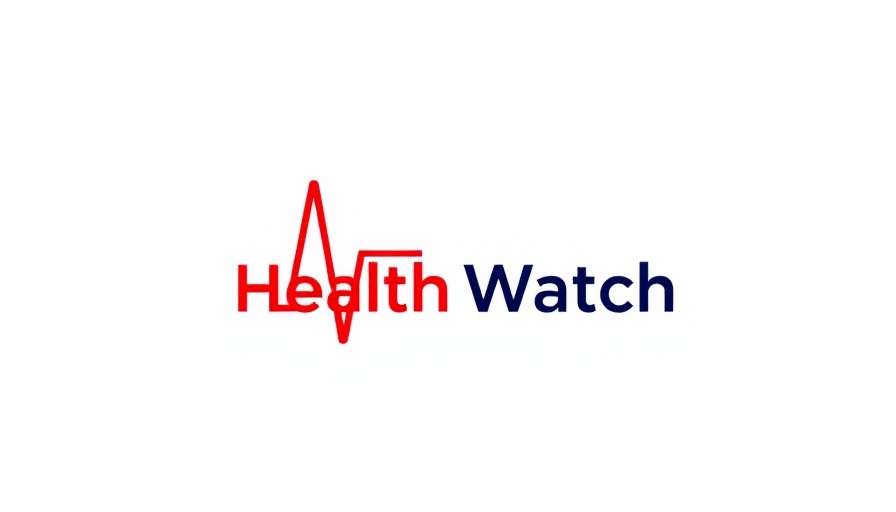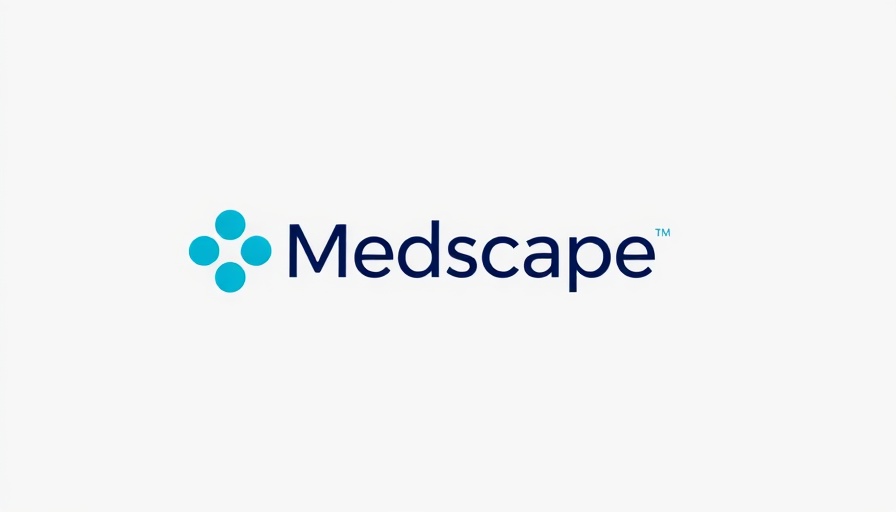
Understanding the Social Media Impact on Mental Health
As the digital landscape continues to evolve, our engagement with social media platforms has become integral to daily life. Recent research highlights a troubling connection between excessive social media use and rising rates of depression. This correlation underscores a complex relationship that merits further exploration.
Historical Context: The Social Media Revolution
When Facebook first launched in 2004, few could foresee its future as a dominant platform influencing human interaction. Now, platforms like Instagram, TikTok, and Snapchat captivate millions. These networks have transformed how we communicate, connect, and even perceive ourselves. Unfortunately, as more people turn to digital interactions, studies suggest a detrimental effect on their mental health, particularly among younger demographics.
The Social Comparison Trap
One significant aspect of social media that fuels depression is the phenomenon of social comparison. Users often post curated versions of their lives, leading to unrealistic standards of beauty, success, and happiness. Research indicates that scrolling through seemingly 'perfect' feeds fosters feelings of inadequacy and low self-esteem.
Parallel Example: The Rise of Cyberbullying
The anonymity social media provides can embolden toxic behaviors, including cyberbullying. Victims often find themselves isolated, leading to anxiety and depressive disorders. This offers a sobering parallel to the effects of social comparison—both illustrate how online platforms can harm mental well-being.
Future Predictions: Trends to Watch
As awareness grows regarding the mental health impacts of social media, an evolution in platform policies and user education is emerging. Experts predict that more platforms will adopt features aimed at promoting well-being, such as usage tracking and content moderation tools to limit harmful interactions.
Counterarguments: The Positive Side of Social Media
While concerns about social media's impact are valid, it’s essential to acknowledge its strengths. Numerous individuals find support communities, vital information, and creative outlets that have positively influenced their mental health during challenging times. Highlighting these aspects paints a balanced picture of social media's role.
Decisions You Can Make with This Information
Being informed about the potential mental health risks associated with excessive social media use empowers individuals to make healthier choices. Consider limiting screen time, curating your feeds to eliminate toxic content, and establishing social norms that prioritize genuine connections over digital ones.
Common Misconceptions and Myths
A common myth is that social media is solely harmful and provides no benefits. Moreover, the idea that online interactions can replace real-life relationships is misleading. Understanding that social media's impact varies greatly among individuals is crucial in addressing these misconceptions.
Risk Factors and Challenges Revealed
This research also points to broader societal issues related to mental health, such as the stigma surrounding mental illness and the need for better resources. By focusing on these risk factors, communities can start conversations that encourage healthier interactions both online and offline.
In summary, the link between social media and depression is a double-edged sword. While many enjoy the connectivity these platforms provide, the risks—especially for vulnerable populations—are becoming increasingly apparent. Those grappling with mental health concerns related to social media use are encouraged to seek out support and balance their digital habits.
 Add Row
Add Row  Add
Add 




Write A Comment